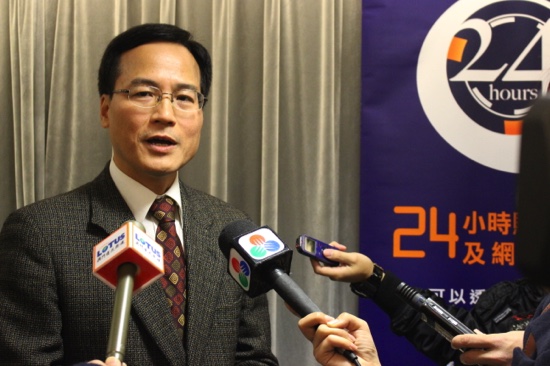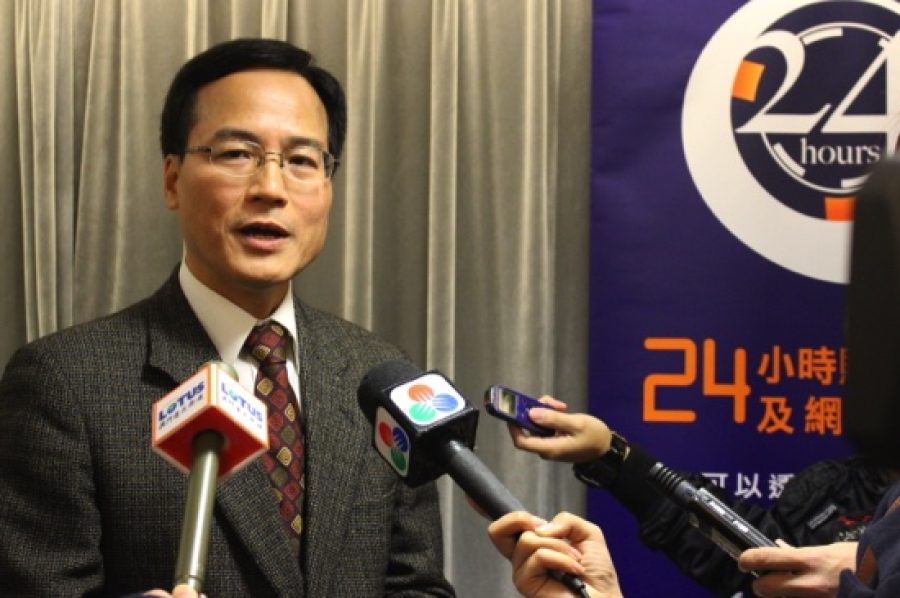A group comprising various government bureaus working on the revision of the city’s anti-drug law suggests raising the penalties for drug offences, with the minimum prison sentence for drug trafficking to be raised from three to five years, Social Affairs Bureau (IAS) President Iong Kong Io said on Thursday. The current law dates back to 2009.
Members of the group held a closed-door meeting with the government’s Narcotics Control Committee at the Education and Youth Affairs Bureau (DSEJ) on Thursday. Apart from Iong, Secretary for Social Affairs and Culture Alexis Tam Chon Weng and Legal Affairs Bureau (DSAJ) Director Liu Dexue also attended the meeting. Iong told reporters after the meeting that they discussed the group’s report on amending the current law, which bans the production, sale and consumption of drugs. He said the government would also look into the possibility of increasing the maximum prison sentence, which currently stands at 15 years, for drug trafficking. He did not elaborate.
Regarding drug taking, Iong said the current penalty was too light and may not be a deterrent. He pointed out that in many cases offenders are handed down a prison sentence of just 45 to 60 days convertible to a fine, and they may even be given a suspended sentence with probation – usually a year or two – if they decide to go to rehab.
The maximum prison term for drug consumption stands currently at three months.
Iong said many of the offenders would rather go to prison than seek treatment. “That’s why we consider raising the sentence to six months,” said Iong, hoping offenders could thereby be persuaded to quit taking drugs.
Iong also said that under the current regulations, the police cannot formally accuse anyone if they raid a place and discover illicit drugs that no one claims. He said the group suggests that in such circumstances, the police may require all those at the scene to take a drug test.
Asked by reporters about how the proposed measure would be carried out, Liu said there were technical issues that still needed to be resolved, adding the aim was to assist authorities in investigating drug-related cases without infringing people’s rights and dignity. (macaunews/macaupost)






